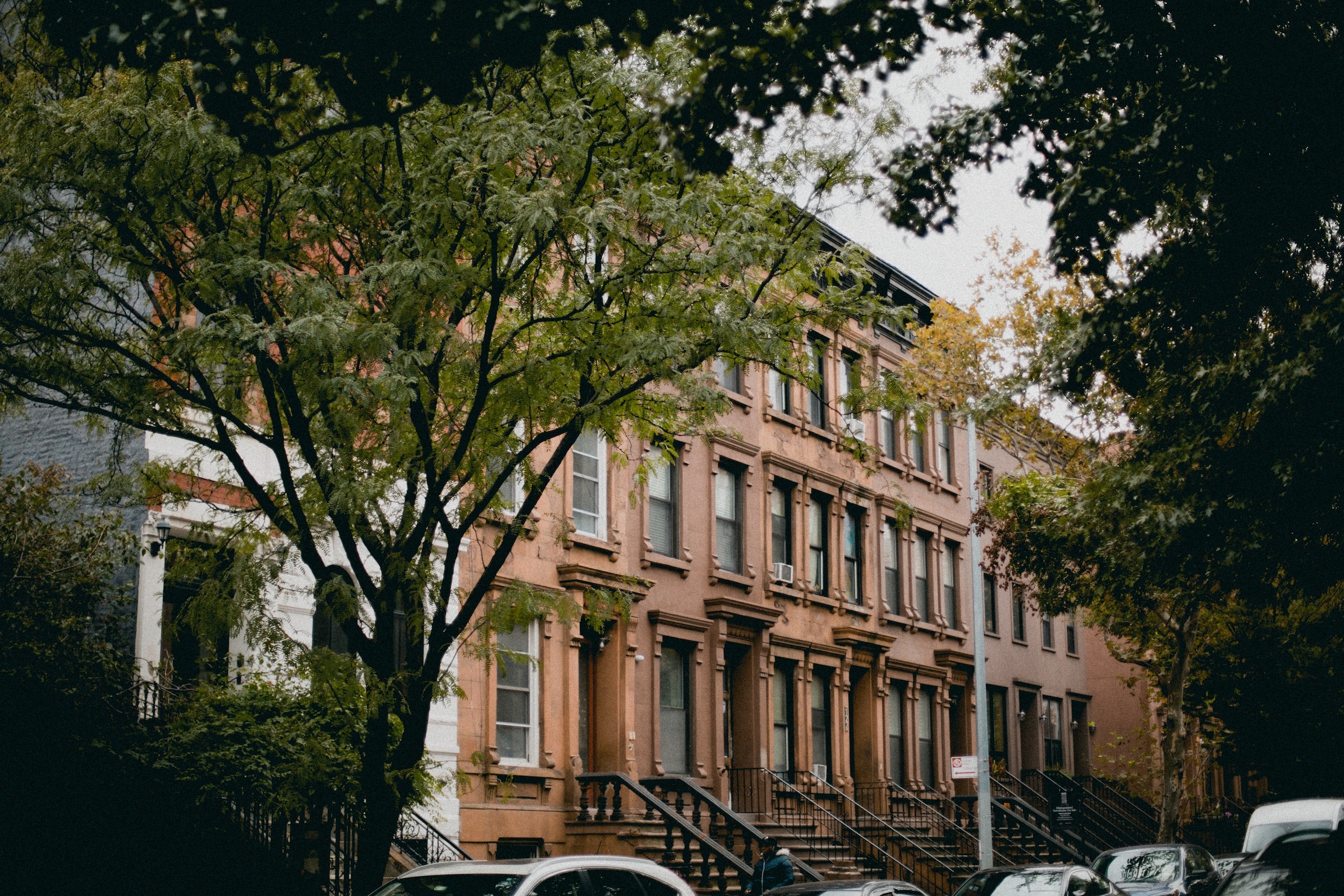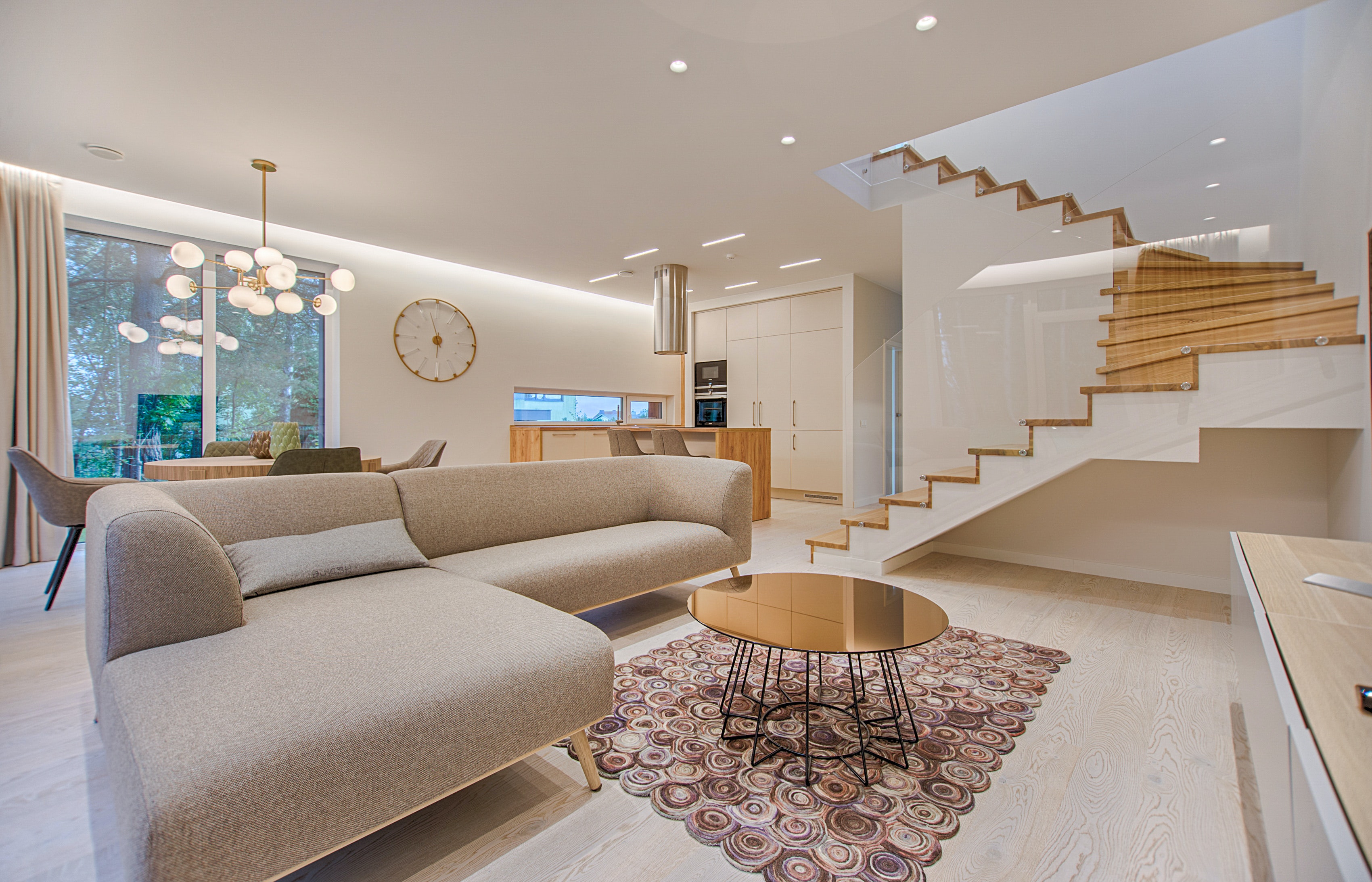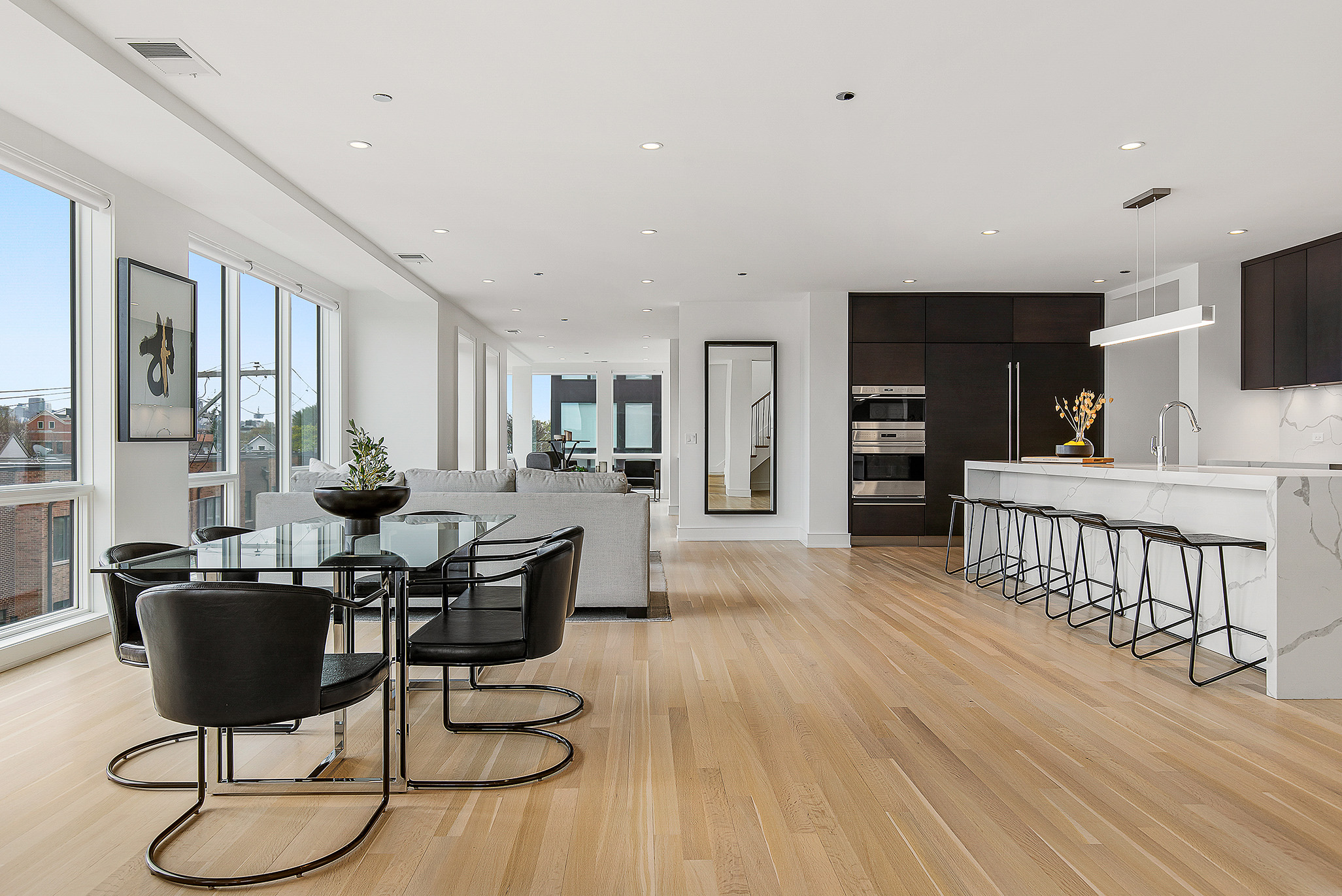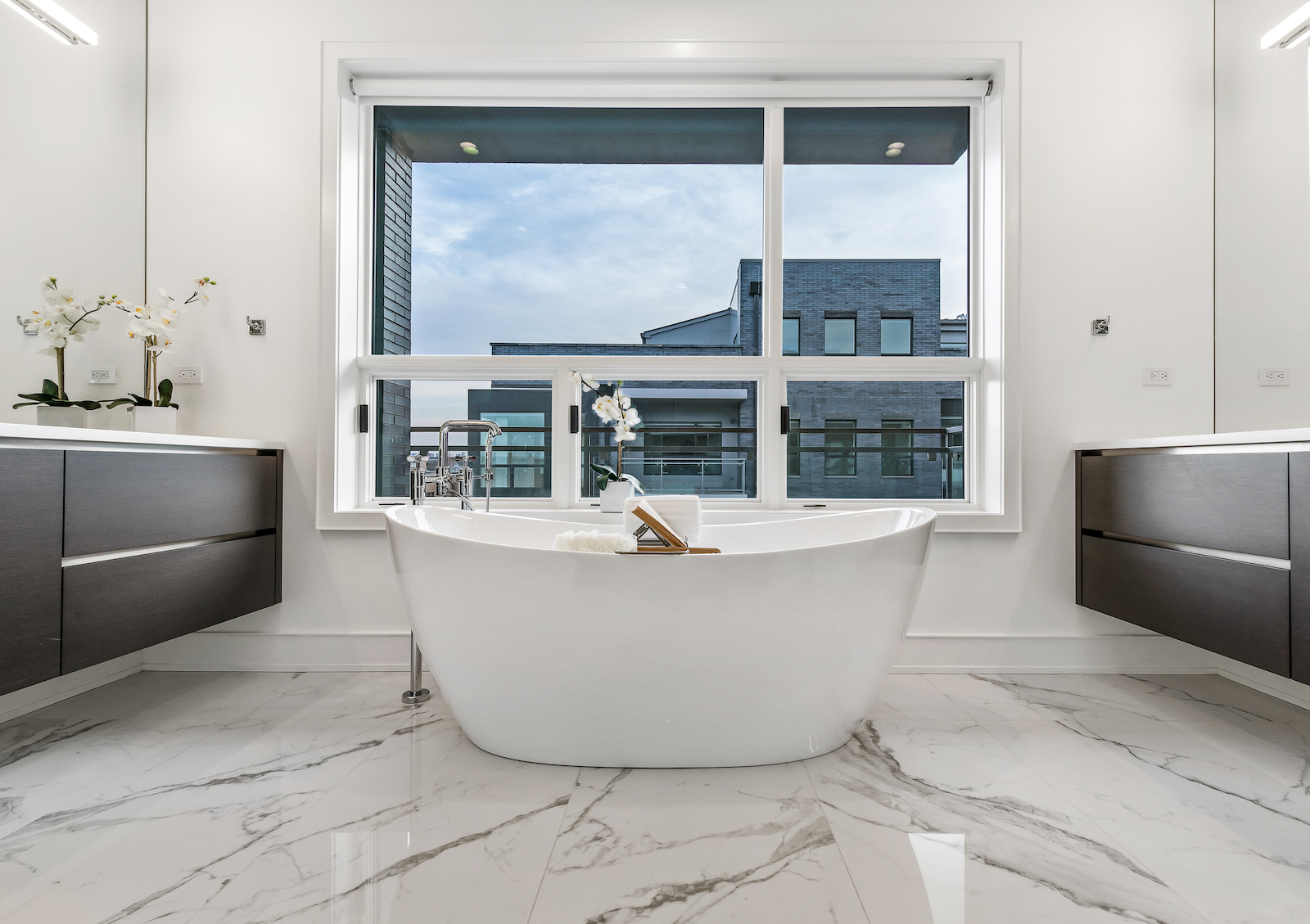An investment property can be a lucrative opportunity in Chicago — but should you buy a house or a condo to get a great return on your investment? There are a few aspects to compare with condo vs. house investment properties, keep reading to learn more.
Condo vs. House Investment Property
When deciding whether to buy a condo vs. a house, there are many things to consider and your return on investment is one of them.
Unfortunately, there is no clear cut answer for which property gets the best return on investment. There are many factors that affect this, including your particular property, the location it’s in, and the current market.
Both condos and single family homes are great investments, but one may be better for your current situation.
Condos are a great investment for those:
- Who live in the heart of the city
- Who have little money to put down
- Who are looking to pay less homeowners insurance
- Who prioritize convenience
- Who need a little extra help with exterior upkeep/landscaping
- Who are first-time homebuyers with little to no experience
Single family homes are a great investment for those:
- Who live in more rural areas or the suburbs
- Who want endless possibilities for renovations/demolitions
- Who do not want to follow the rules/regulations of an HOA
- Who are okay with maintaining the exterior and interior upkeep, as well as the landscaping
- Who plan to house hack, or rent out portions of their residence to generate income
Overall, when deciding between investing in a condo vs. a house, both are great options. No matter which option is the best fit for you, buying is always a great choice for those looking to build equity and achieve a good return on their investment.
If you’re considering buying as an investment property, LLCR can help you find the best opportunity for your budget. Check out the latest Chicago condos for sale or get in touch with us to start your home search.
Still weighing the pros and cons of buying a condo? Follow the link below!












